Best Skills to Learn for Future Job Opportunities
Best Skills to Learn for Future Job Opportunities
In a rapidly changing world, the jobs of today may not look the same tomorrow. Automation, artificial intelligence (AI), and globalization are changing industries faster than ever before. As a result, the skills that will be most valuable in the future are not always the ones that were in demand a decade ago.
If you want to future-proof your career and stay competitive, it’s essential to invest in learning skills that employers will need for years to come. In this article, we’ll explore the best skills to learn for future job opportunities, why they matter, and how you can start developing them today.
Table of Contents
-
Introduction: Navigating a Changing Job Market
-
Hard Skills for the Digital Age:
-
Digital Literacy & Tech Savviness
-
Data Analysis & Interpretation
-
Artificial Intelligence (AI) & Machine Learning
-
Cybersecurity: Protecting the Future
-
Blockchain & Web3 Knowledge
-
-
Human-Centric Soft Skills:
-
Creativity, Innovation, and Problem-Solving
-
Emotional Intelligence (EQ)
-
Critical Thinking & Analytical Reasoning
-
Communication and Adaptability
-
-
Emerging Global Skills:
-
Green & Sustainable Skills
-
Project Management Excellence
-
Foreign Language Proficiency
-
-
Conclusion: Becoming a Lifelong Learner
1. Digital Literacy and Tech Savviness
No matter what industry you work in, understanding digital tools and technologies will be essential. From cloud computing to workplace collaboration tools, digital literacy is now a baseline requirement.

Why it matters:
Most jobs now require at least a basic understanding of digital tools. In the future, employees who can adapt quickly to new technologies will be the ones in highest demand.
Examples of digital literacy skills:
-
Using productivity software like Google Workspace or Microsoft 365
-
Understanding cloud-based storage and data sharing
-
Navigating digital communication platforms (Slack, Zoom, Teams)
-
Staying updated on cybersecurity best practices
2. Data Analysis and Interpretation
We live in a data-driven world. Businesses generate massive amounts of information, but without skilled professionals to analyze and interpret it, the data is useless.

Why it matters:
Employers need people who can turn raw data into actionable insights for decision-making, marketing strategies, and product development.
How to develop it:
-
Learn tools like Excel, SQL, Tableau, or Power BI
-
Take beginner courses in data analytics
-
Practice interpreting datasets and creating reports
3. Artificial Intelligence and Machine Learning
AI and ML are no longer futuristic concepts—they are part of our everyday lives. From recommendation algorithms to chatbots, these technologies are shaping industries.
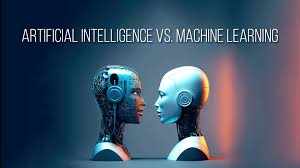
Why it matters:
According to the World Economic Forum, AI-related skills will be among the most in-demand in the next decade. Companies will need professionals who understand how to design, implement, and manage AI systems.
How to develop it:
-
Take online courses in AI, machine learning, and neural networks
-
Learn programming languages like Python or R
-
Experiment with AI tools such as TensorFlow or PyTorch
4. Cybersecurity Skills
As technology advances, so do cyber threats. Businesses, governments, and individuals need robust security measures to protect data and systems.
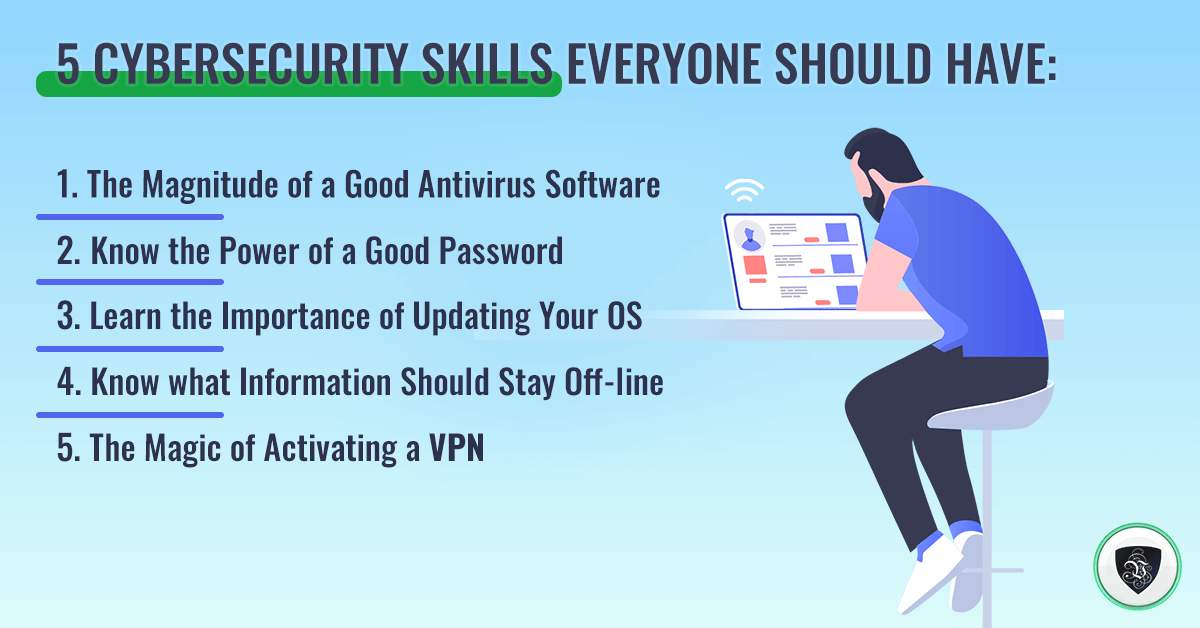
Why it matters:
The demand for cybersecurity professionals continues to grow. Skilled experts can help prevent hacking, identity theft, and data breaches.
How to develop it:
-
Learn about network security, encryption, and ethical hacking
-
Get certificates like CompTIA Security+ or Certified Ethical Hacker (CEH).
-
Stay updated on emerging security threats and solutions
5. Creativity and Innovation
While technology handles repetitive tasks, creativity remains uniquely human. The ability to generate fresh ideas and approach problems differently is highly valuable.
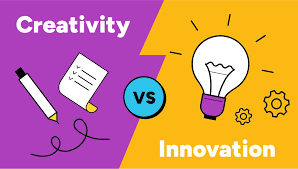
Why it matters:
Creative thinkers can help businesses stand out in competitive markets and adapt to new challenges.
How to develop it:
-
Practice brainstorming and design thinking techniques
-
Engage in creative hobbies like writing, drawing, or music
-
Collaborate with people from different backgrounds
6. Emotional Intelligence (EQ)
EQ refers to your ability to recognize, understand, and manage emotions—both your own and those of others.
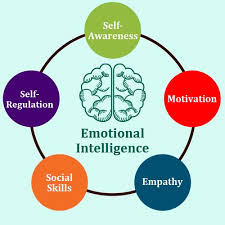
Why it matters:
In leadership, teamwork, and customer service, emotional intelligence often outweighs technical skills. High EQ professionals build better relationships, resolve conflicts, and lead effectively.
How to develop it:
-
Practice active listening
-
Seek feedback and reflect on your interactions
-
Learn empathy and stress management techniques
7. Critical Thinking and Problem-Solving
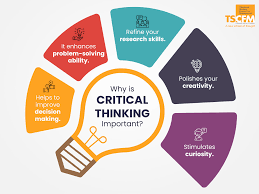
-
Work on case studies and simulations
-
Ask “why” questions to dig deeper into problems
-
Avoid rushing to conclusions without evidence
8. Communication Skills
No matter how skilled you are technically, you must be able to explain ideas clearly.

Why it matters:
Strong written and verbal communication is essential for teamwork, client relations, and leadership.
How to develop it:
-
Practice writing reports, emails, and presentations
-
Improve your public speaking through clubs like Toastmasters
-
Learn how to change the way you communicate for different people.
9. Adaptability and Learning Agility
The ability to quickly adjust to change and learn new skills is more important than ever.
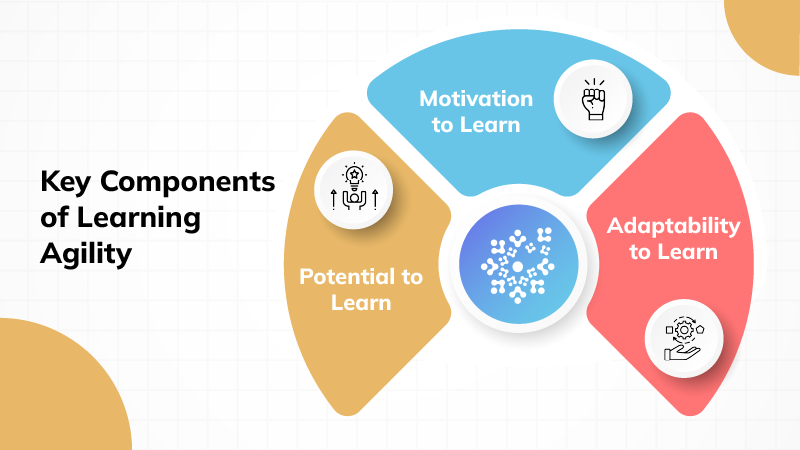
Why it matters:
Industries evolve rapidly, and employees who can pivot and adapt will always be in demand.
How to develop it:
-
Embrace new challenges instead of resisting them
-
Stay curious and open-minded
-
Take on roles outside your comfort zone
10. Green and Sustainable Skills
As climate change becomes a central issue, many industries are shifting toward sustainable practices.

Why it matters:
Companies will increasingly need employees who understand environmental regulations, renewable energy, and sustainable design.
How to develop it:
-
Learn about green energy technologies
-
Study sustainable business models
-
Get involved in environmental projects
11. Project Management
Coordinating people, resources, and timelines is essential in almost every field.
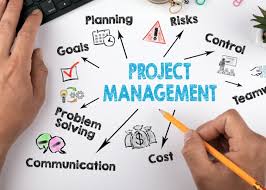
Why it matters:
Effective project managers ensure that work is completed efficiently and goals are met on time.
How to develop it:
-
Learn project management tools like Trello, Asana, or Jira
-
Obtain certifications like PMP or PRINCE2
-
Practice planning and leading small projects
12. Foreign Language Skills
Globalization has connected businesses across borders, making multilingual professionals valuable.

Why it matters:
Knowing another language can open doors to international opportunities and cross-cultural collaboration.
How to develop it:
-
Use language learning apps like Duolingo or Babbel
-
Take community college or online courses
-
Practice with native speakers
13. Blockchain and Web3 Knowledge
Blockchain isn’t just about cryptocurrency—it’s about secure, transparent transactions across many industries.
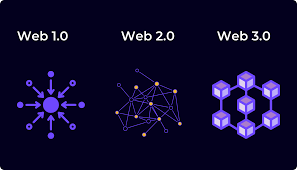
Why it matters:
Finance, healthcare, and logistics are all exploring blockchain solutions. Skilled professionals in this area are scarce.
-
Study blockchain fundamentals
-
Learn smart contract development
-
Explore decentralized applications (dApps)
Conclusion
The best skills to learn for future job opportunities combine both technical and human-focused abilities. While technology-related skills like AI, data analysis, and cybersecurity are growing rapidly, soft skills such as emotional intelligence, adaptability, and creativity remain equally important.
Investing in learning now will help you stay ahead in the job market. Remember, the most future-proof professionals are lifelong learners who embrace change and seek out new challenges.
Frequently Asked Questions (FAQs)
Q1: Which tech skill is most in demand for the next decade? Artificial Intelligence (AI) and Machine Learning top the list. According to global economic trends, companies now seek professionals who can design, manage, and implement AI systems to improve efficiency.
Q2: Can I get a good job if I only focus on soft skills? While soft skills like Emotional Intelligence (EQ) and Creativity are vital, most high-paying future jobs require a hybrid approach. You should combine your human-centric skills with at least a basic level of digital literacy to stay competitive.
Q3: Why is Data Analysis important for non-tech roles? Data drives modern business decisions. Even in marketing or HR, employers value people who can interpret raw information and turn it into actionable insights to grow the business.
Q4: How can I start learning these skills for free? You can start by using platforms like Google Workspace for digital literacy, apps like Duolingo for languages, or taking beginner-level courses on YouTube and Coursera. Practicing with tools like Excel or Python also builds a strong foundation.
Q5: What are “Green Skills” and why do they matter? Green skills involve understanding environmental regulations and sustainable business practices. As companies shift toward renewable energy and eco-friendly designs, they need employees who can help reduce their carbon footprint.
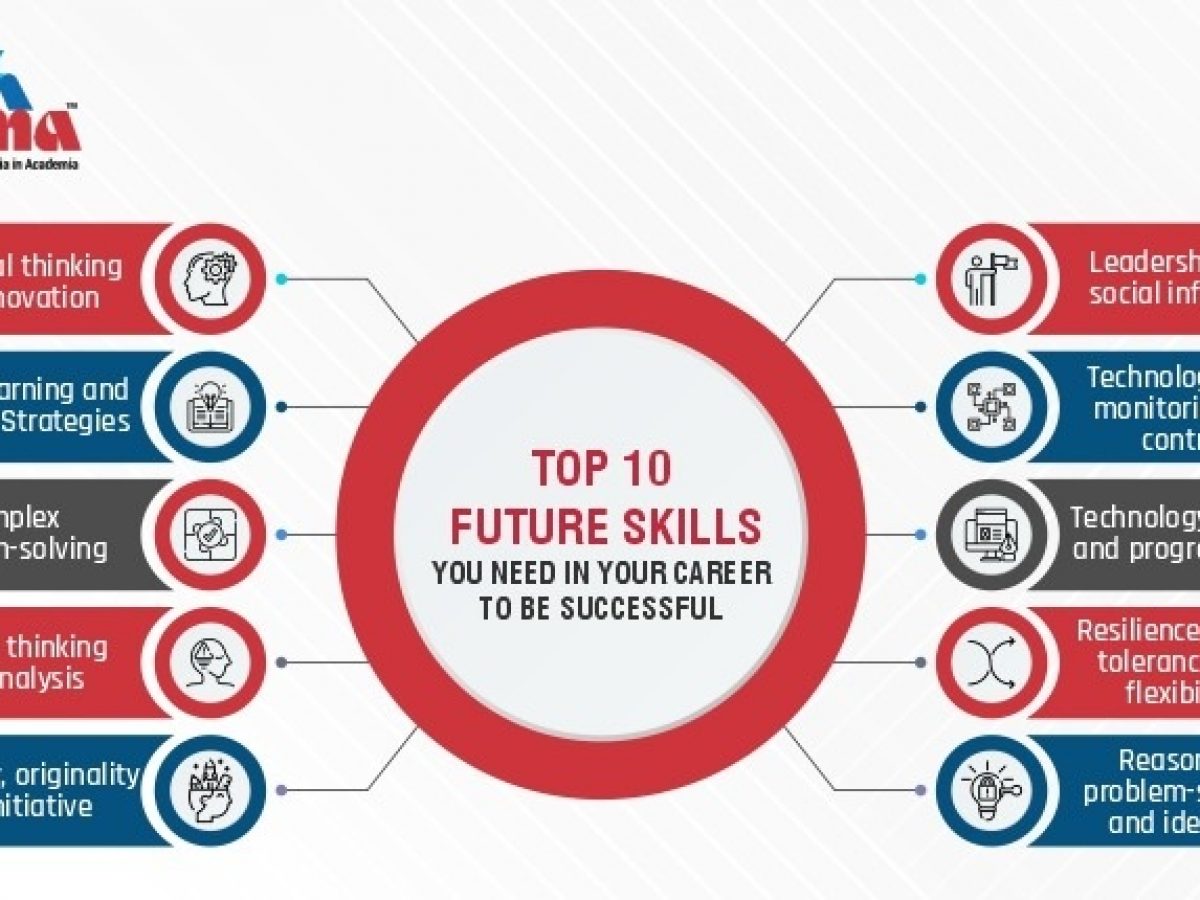
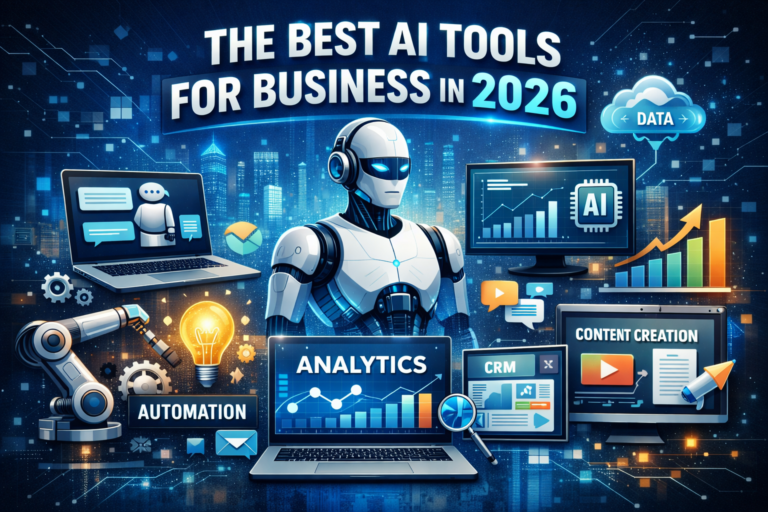




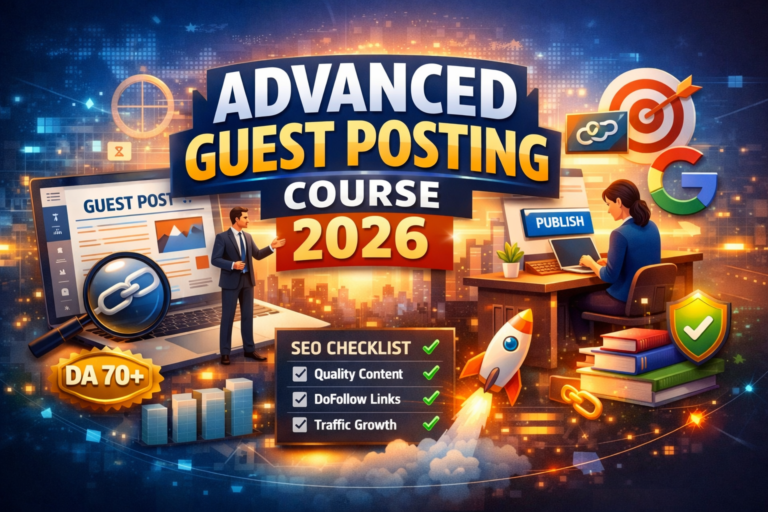
5 Comments